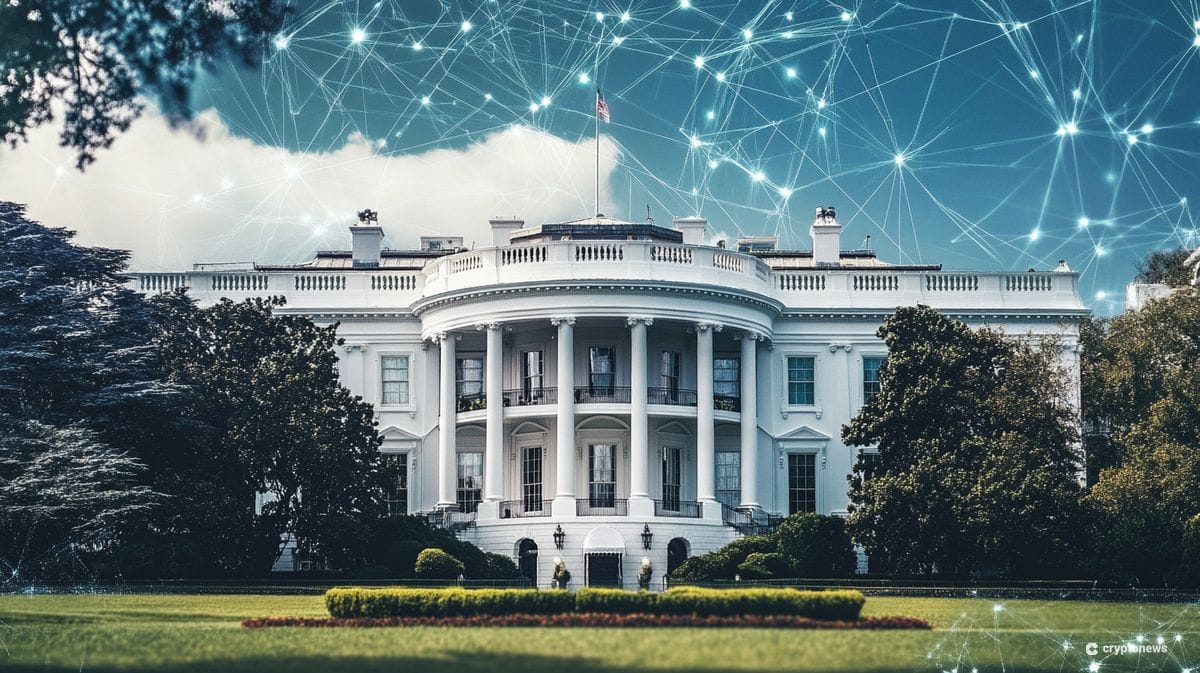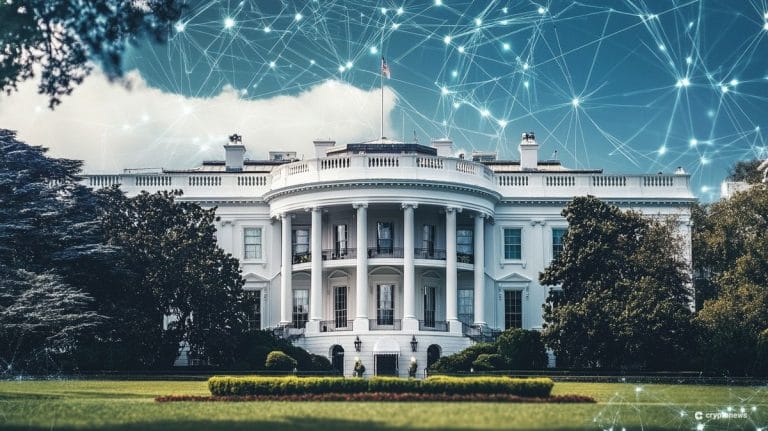Last updated:
 Why Trust Cryptonews
Why Trust Cryptonews

Vice President Kamala Harris’ chances of winning the upcoming U.S. presidential election have surged on Polymarket following her debate with former President Donald Trump on Tuesday night.
As of now, Harris and Trump are locked in a tie, each holding a 49% probability of victory on Polymarket’s $860 million prediction market.
Tuesday’s debate, the first and likely the last between Harris and Trump before the November election, touched on key national issues such as the war in Gaza and abortion rights.
Crypto Absent from Debate
Notably, cryptocurrency was absent from the topics of discussion, despite growing interest in its potential regulation.
Despite this, bettors on Polymarket gave Harris a significant advantage, with 94% believing she won the debate, although official polls are yet to be released.
In the 24 hours leading up to the debate, Harris’ odds on Polymarket rose from 46% to 49%, while Trump’s slipped from 52% to 49%.
Trump has been outspoken about his support for the cryptocurrency sector, whereas Harris, while engaging with the industry, has not yet taken a definitive stance on the matter.
Bitcoin’s price mirrored the unfolding debate, experiencing a slight fluctuation.
In the hours leading up to the event, Bitcoin briefly climbed above $58,000, but as the debate progressed, it dipped to around $56,700.
It has since stabilized at $56,797.
Justin d’Anethan, head of APAC business development at crypto market maker Keyrock, observed that the crypto market did not react significantly to the debate.
He noted that Bitcoin behaved like a typical risk asset, moving in line with tech stocks and other equities.
D’Anethan added that Bitcoin is awaiting a more concrete catalyst, such as a shift in Federal Reserve policy or a significant political development, to trigger a substantial price movement.
Meanwhile, PolitiFi tokens tied to Trump and Harris saw immediate reactions during the debate.
Trump-linked token Super Trump (STRUMP), with a market cap of $13.8 million, dropped 6.8%, while Kamala Horris (KAMA) declined 5.7%, according to data from CoinGecko.
MAGA (TRUMP) also saw a slight decrease of 0.2%.
Bloomberg to Integrate Polymarket Election Odds into Terminal
Earlier this month, leading financial data and news service provider Bloomberg LP revealed that it aims to incorporate election odds data from the crypto betting platform Polymarket into its widely used Terminal.
Polymarket, a blockchain-based prediction market operating on the Polygon network, has become a prominent platform for tracking real-time election odds.
The platform allows users to bet on a wide range of event outcomes, leveraging transparent on-chain data and smart contracts for trade execution and payouts.
According to Dune Analytics, Polymarket’s trading volume for August approached $450 million, with nearly $760 million bet on the outcome of the U.S. presidential election as of late August.
Last month, five United States Senators and three House representatives called for a ban on betting activities linked to the upcoming 2024 presidential election.
The bipartisan group consists of prominent figures such as Senators Jeff Merkley, Richard Blumenthal, Elizabeth Warren, and Representatives Jamie Raskin and John Sarbanes, among others.
The group expressed concerns over the possibility of billionaires leveraging large wagers to sway election outcomes, thereby eroding public trust in the democratic process.

















